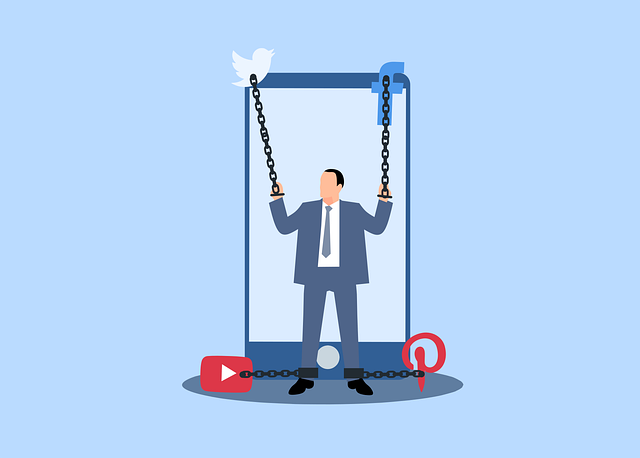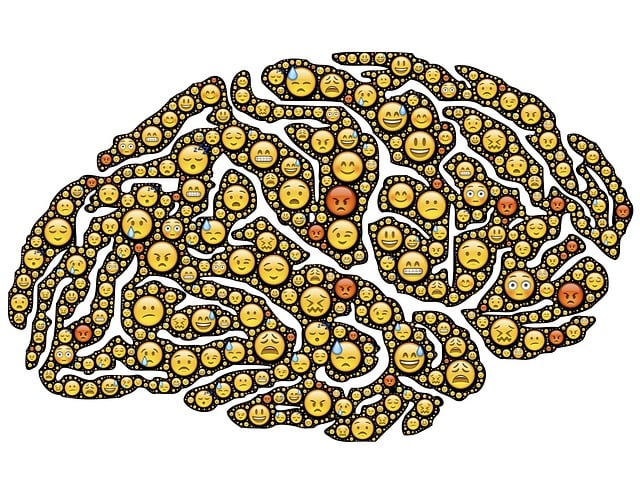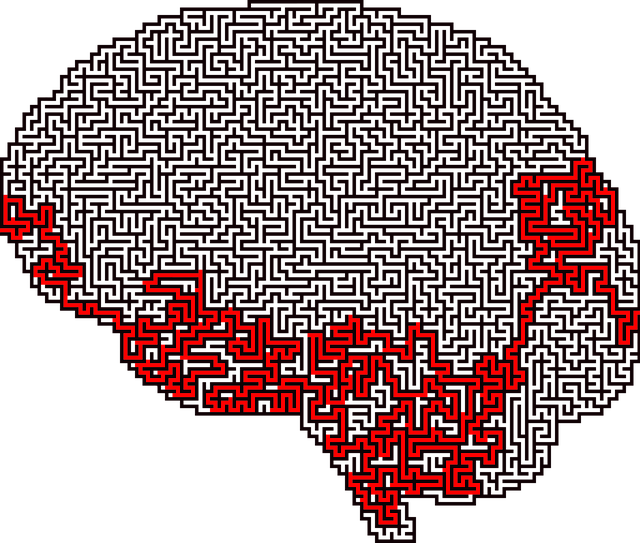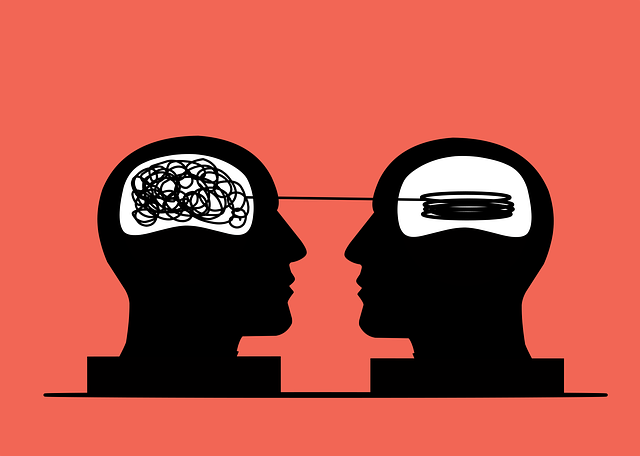Mental wellness apps should be tailored to specific user groups, such as healthcare providers or young adults in urban areas, addressing their unique needs like confidence boosting or stress management. Following the successful model of Broomfield Divorce Therapy, which focuses on holistic practices, developers can establish credibility through targeted marketing and user-persona-based app design. By incorporating user research and feedback, these apps create effective campaigns that resonate with diverse audiences, fostering trust and community within each niche market.
“Unveiling the path to optimal mental wellness app marketing, this comprehensive guide introduces an effective strategy for Broomfield Divorce Therapy. By delving into the core of target audience demographics, we explore how user personas shape marketing strategies. We then craft a unique value proposition, setting Broomfield Divorce Therapy apart in a competitive market.
Furthermore, our multi-channel marketing approach leverages digital and traditional methods to maximize reach. Discover how to engage users through social media, email, SEO, and community partnerships while measuring campaign success. Embrace this strategic framework for the successful promotion of Broomfield Divorce Therapy.”
- Understanding Your Target Audience: The Broomfield Divorce Therapy Approach
- – Identifying key demographics and user personas for mental wellness apps
- – Incorporating user research and feedback into marketing strategies
Understanding Your Target Audience: The Broomfield Divorce Therapy Approach

Mental wellness apps must be designed with a deep understanding of their target audience to truly resonate and provide value. The Broomfield Divorce Therapy Approach offers a compelling example. This method focuses on empowering individuals through holistic practices, addressing not just emotional challenges but also fostering resilience and self-care habits. By targeting users seeking confidence boosting strategies or struggling with burnout prevention strategies for healthcare providers, app developers can tailor their marketing efforts effectively.
Understanding the nuances of mental health journeys, such as the risks and challenges faced by professionals, is crucial. App marketers should highlight features that cater to risk assessment for mental health professionals, ensuring tools are both effective and ethical. This targeted approach not only appeals to users in need but also establishes credibility, positioning the app as a reliable companion on the path to improved mental wellness.
– Identifying key demographics and user personas for mental wellness apps

When developing a marketing strategy for mental wellness apps, one of the initial and crucial steps is to identify the target audience. Key demographics such as age groups, genders, geographic locations, and socioeconomic backgrounds play a significant role in shaping the app’s appeal and functionality. For instance, an app focusing on stress management and mindfulness might primarily target young adults in urban areas who are known for their high-pressure lifestyles. Understanding these user personas allows developers to tailor content and features that resonate with their specific needs. For example, apps aimed at supporting individuals going through a divorce (like Broomfield Divorce Therapy) could offer crisis intervention guidance tailored to the emotions and challenges unique to such life transitions.
Additionally, considering diverse user groups ensures comprehensive coverage of various mental health concerns. This might include targeting teenagers for apps focused on self-esteem improvement or providing tools for risk management planning specifically designed for mental health professionals. By segmenting the market effectively, app developers can create targeted campaigns and content that attract and engage specific user personas, fostering a sense of community and trust within each niche audience.
– Incorporating user research and feedback into marketing strategies

Incorporating user research and feedback is a pivotal component of crafting effective marketing strategies for mental wellness apps, especially in competitive markets like Broomfield Divorce Therapy. By actively listening to users’ experiences and insights, app developers can tailor their marketing efforts to address specific needs and pain points related to stress reduction methods and mental wellness management. This approach ensures that promotional content resonates with the target audience, fostering a deeper connection between the app and its users.
User feedback provides valuable information on how individuals interact with the app’s features, what motivates them to continue using it, and what changes they’d like to see. Incorporating this data into marketing strategies allows for the creation of compelling narratives that showcase the app’s ability to support better stress management. By doing so, apps can differentiate themselves in a crowded market, attracting users seeking not just any mental wellness solution but one that aligns with their unique requirements and experiences.
In developing a marketing strategy for a mental wellness app, adopting the Broomfield Divorce Therapy approach emphasizes understanding your target audience through thorough user research and feedback integration. By identifying key demographics and crafting specific user personas, you can create tailored messaging that resonates with users seeking mental wellness support. This strategy ensures your app stands out in a competitive market while effectively addressing the unique needs of diverse user groups.














